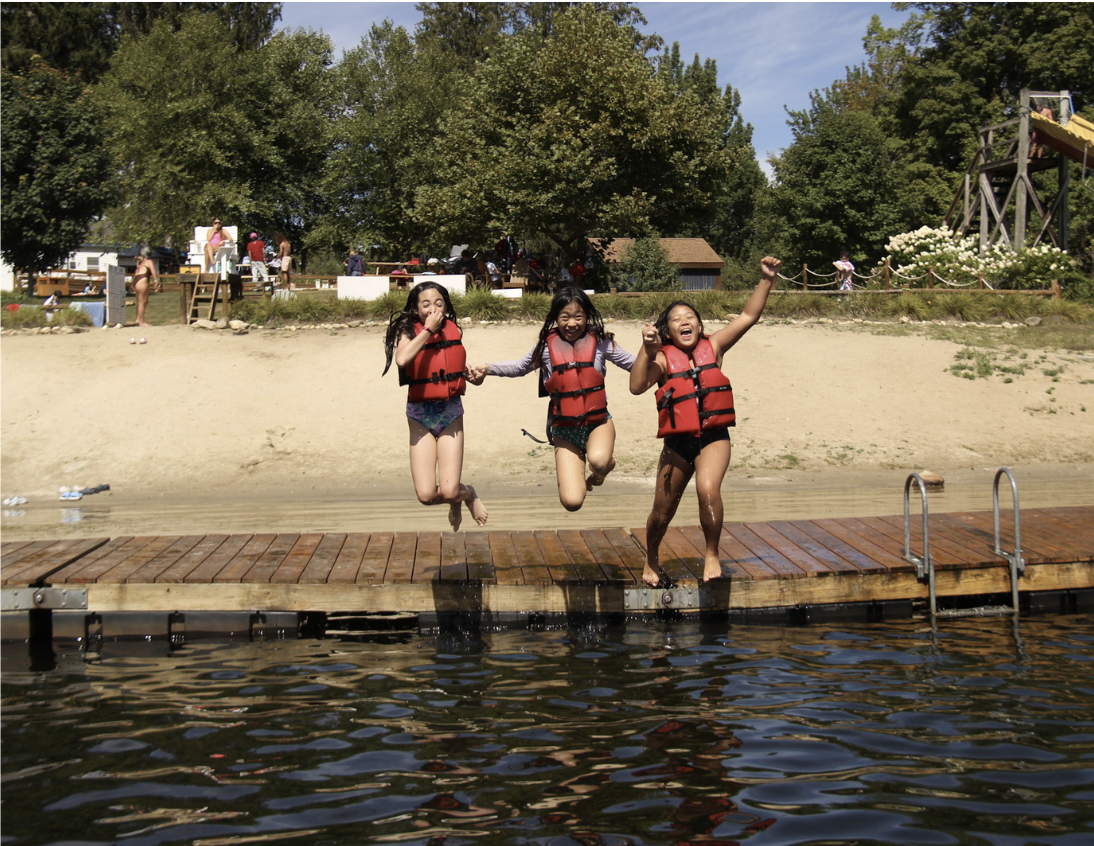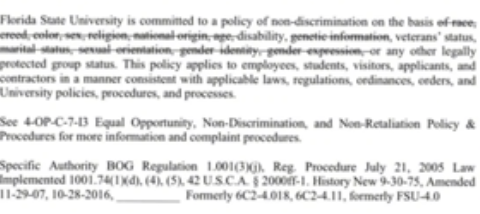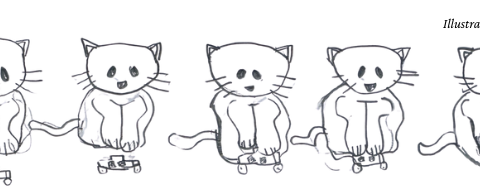As the Upper and Senior Campers of the UWS bus stepped onto the gravel roads of Camp Danbee’s entrance, they were surprised—and a little excited—that they were still carrying phones in their bags, Maxanne W-S., 16, explained. When no one approached them to collect their devices, many campers piled their phones in the far corner of their bunk, while some decided to actively hand over their phones to the counselors. As someone who admits she’s “addicted” to her phone, Maxanne surprised herself when she and a few friends decided to give their phones to their “guy friend,” who stored their devices in the bottom of his backpack. They were eventually turned into the office.
Most campers, who are members of Generation Z or Alpha, have grown up in a technology-dominated society. According to a survey of 58 camper responses, about 25% self-reported that their average phone usage amounts to three hours per day. Research repeatedly emphasizes the impacts of screen time on sleep, social interactions, productivity, and mental health. Yet when technology remains the primary mode to complete schoolwork, contact friends, and find entertainment, screens seem to be a necessity of daily life. Senior Camper Lili S., 15, admits that her typical screen time level at home is “god awful,” noting that she primarily uses her electronics for music and prepping for debate.
While “unplugging” at home poses a challenge, WriCampia’s no-phone policy ensures all campers can disconnect from the outside world. Lili said she actually looks forward to having no phones at camp. “It’s easy to not use your phone at camp,” she said, “but in daily life it’s always around you, so it’s hard to avoid being on it.” Upper Camper Neva A., 14, expressed a similar appreciation of distancing herself from her personal devices. “At home, I often think I need my phone even when I don’t,” she said. But at camp, “my phone isn’t an ‘attachment’ anymore, and that makes me feel more confident in myself.”
That’s just the beginning. When face-to-face conversations at camp replace texting and “snapping,” many campers discover an improvement in their social interactions. 71% of camper responses indicate that the absence of phones either moderately or slightly improves their interactions with their peers, and 20% of respondents say that interactions significantly improve. Middle Camper Tess B., 13, said that “usually people turn to their devices in awkward situations,” but camp eliminates that outlet to disengage. Neva added, “I have so many more memories and inside jokes with my camp friends than with my friends at home.” She attributed this partly to the absence of phones, which helps enable people to be more present and engaged with one another.
For us writers, leaving our phones behind is especially beneficial. Many campers express that their phones have a negative impact on their creative writing
“flow.” Tess said that whenever her iPad is around, she will “give up and watch TV” when she doesn’t feel like writing, but she also notes that devices are helpful for generating prompts and inspiration. Similarly, Upper Camper Hazel S., 15, admitted, “Bro, I never get anything done on my book when my phone’s around. I’m always like, ‘but phone is more fun,’ and then I don’t write.”
While many campers recognize benefits of “unplugging” from their devices, from forming deeper friendships to eliminating distractions for creative writing, fully disconnecting from phones seems only realistic at camp.
Hopefully though, disconnecting for these special 12 days may have an impact beyond camp. “The no-phone camp experience motivates me to spend less time on phones after camp, knowing that I can be much more productive without it,” Neva said. ✎






